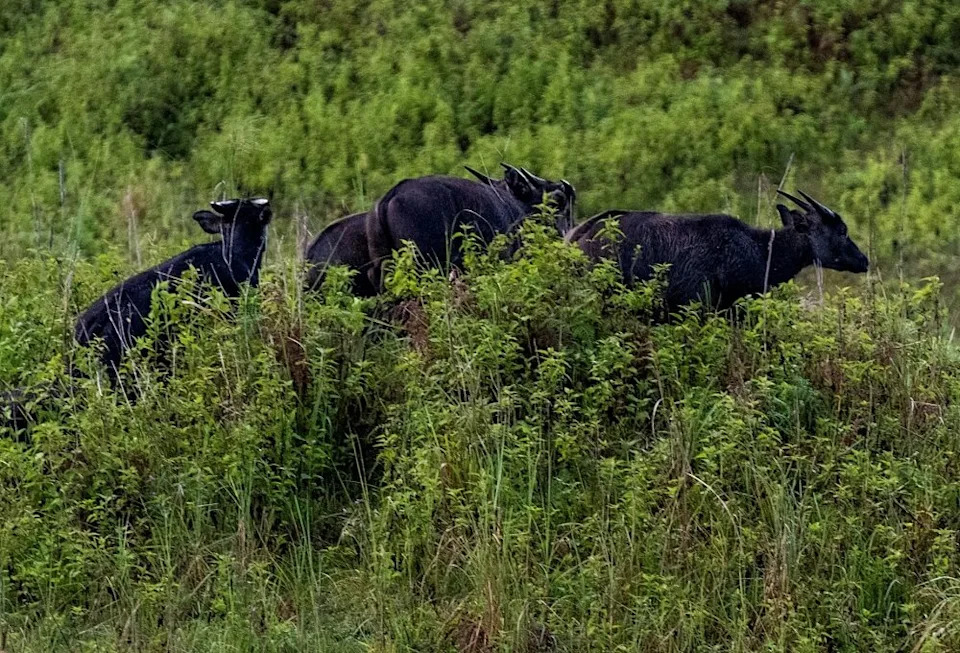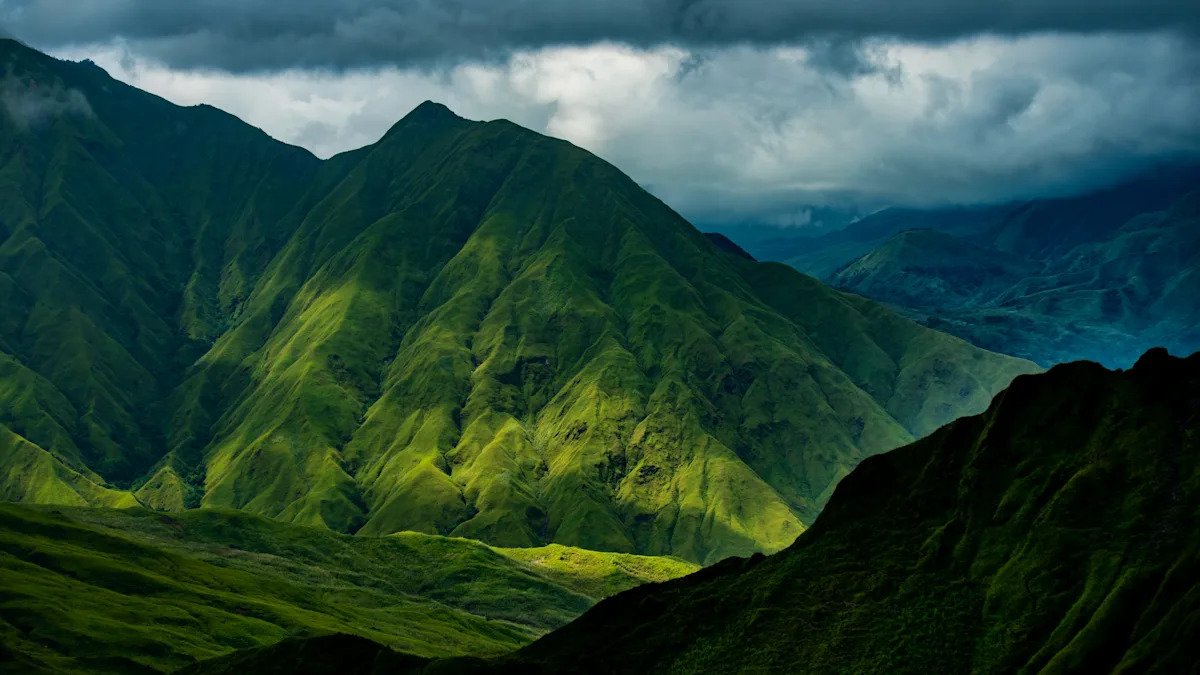A rare buffalo species was spotted in the wilderness of the Philippines thanks to trail cameras, according to the Miami Herald.
The tamaraw is a kind of dwarf buffalo that has been subject to threats from hunting, habitat destruction, and disease from domestic cattle. As a result, the species is critically endangered, and the population has dropped from roughly 10,000 to less than 500. Combined with slow reproduction rates, recovery of the species has been challenging.

Photo Credit: Getty Images
Researchers installed trail cameras at Mounts Iglit-Baco Natural Park to capture footage of the animals between 2016 and 2018. The results of that footage generated details about how the creatures wallow in mud pools. Meanwhile, the D’Aboville Foundation has also begun using drones and new counting methods to help with tracking tamaraw populations.
“This behavior is mainly done to alleviate heat stress, improving the overall well-being of buffaloes,” researchers said, per the Herald. “In fact, wallowing was shown to be the most effective cooling strategy of buffaloes, significantly increasing skin temperature, milk production, and overall productivity under heat stress.”
The research went on to detail how the behavior differed from that of animals in captivity. In the wild, tamaraws would always wallow during the day; in captivity, they have been observed wallowing at night, the news outlet detailed. The researchers also concluded that wallowing is primarily a solitary activity except in mating season.
Trail cameras are an invaluable tool in monitoring elusive species in remote habitats. This technology allows for long-term observation without disruption to the habitat or animal behavior in the presence of humans. The data gathered is needed to better inform protection measures.
Watch now: Giant snails invading New York City?
Habitat degradation is a leading cause of biodiversity loss, but the Philippines is working hard to preserve its natural areas and species like the tamaraw. At least twomining operations in the country have been put on hold for ecological concerns. These legal protections are needed to maintain a delicate balance, which ultimately benefits humans.
Join our free newsletter for good news and useful tips, and don’t miss this cool list of easy ways to help yourself while helping the planet.
